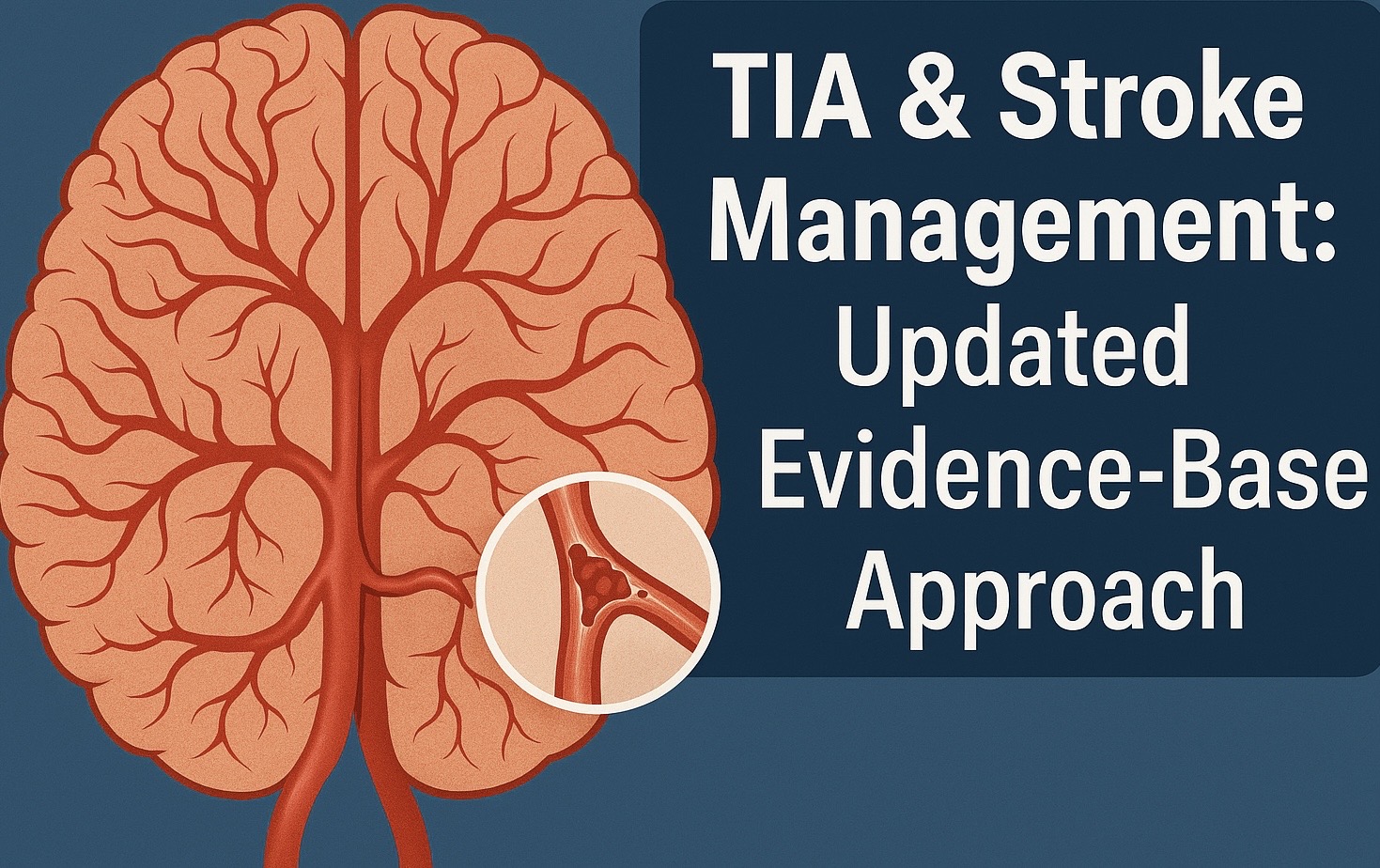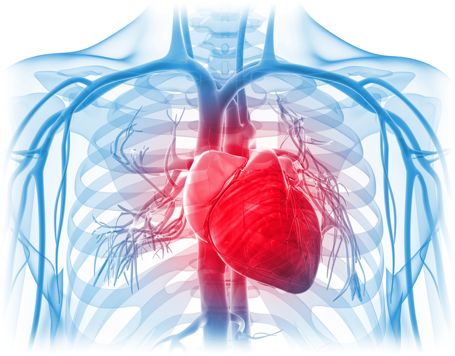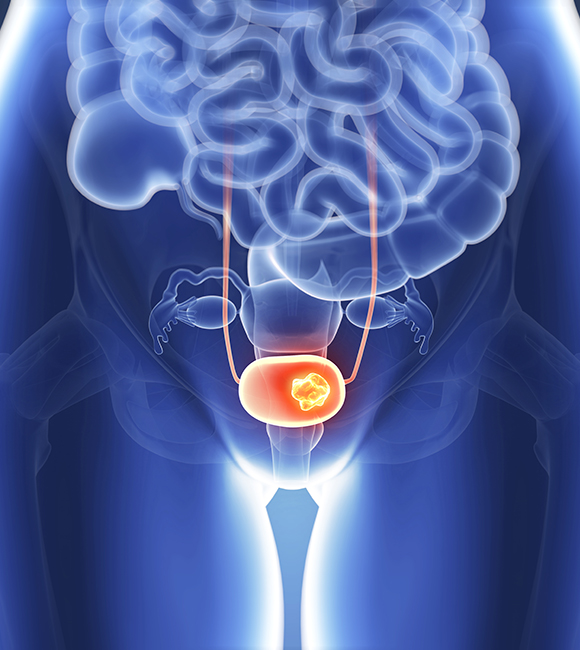Category: Med News
-

মাইগ্রেন রোগীদের স্ট্রোকের ঝুঁকি কমান
যাদের মাইগ্রেন আছে, সেরকম ৩০ লাখ রোগী নিয়ে একটি গবেষণা হয়েছে রিসেন্টলি, সেখানে তারা Analysis করেন যাদের মাইগ্রেন আছে তাদের মধ্যে স্ট্রোক এর সম্পর্ক কেমন, এবং যাদের স্ট্রোক বিশেষত Ishcemic Stroke হয়েছে এবং যাদের হয়নি এই দুই গ্রুপ থেকে এনালাইসিস করে দেখা গিয়েছে, Propranolol খেলে স্ট্রোক রিস্ক অনেক কমে যাচ্ছে বিশেষত যাদের Migraine without Aura…
-

Right Heart Under Pressure: Mastering Cor Pulmonale in 5 Minutes
Cor pulmonale Cor pulmonale হলো right ventricle (RV) failure, যা chronic lung disease বা pulmonary hypertension-এর কারণে হয়। Right heart directly pulmonary circulation-এর উপর নির্ভরশীল, তাই lung-এর কোনো chronic disease যদি pulmonary vascular resistance (PVR) বাড়িয়ে দেয়, তাহলে RV-তে pressure overload হয়। এর ফলে RV hypertrophy, dilation এবং শেষ পর্যায়ে right heart failure (RHF) হয়।…
-

🧠 TIA & Stroke Management: Updated Evidence-Based Approach
Transient IschemIic Attack (TIA) হলে, কখন কীভাবে Antiplatelet স্টার্ট করবেন? ✅ Latest guidelines বলছে, high-risk TIA বা minor stroke হলে দ্রুত dual antiplatelet therapy (DAPT) শুরু করা উচিত। ✅ Evidence-based চিকিৎসা প্রয়োগ করলে stroke recurrence ২৫–৩০% পর্যন্ত কমানো সম্ভব। 🆘 1. Acute TIA/Stroke Management (Within 12 Hours) 🔹 First-Line Therapy: Dual Antiplatelet Therapy (DAPT) High-risk…
-

Management of Elevated Inpatient Blood Pressure
Introduction: The management of elevated inpatient blood pressure (BP) requires a structured approach to ensure patient safety and effective care. It involves accurate BP measurement, assessing the severity of the elevation, evaluating for target-organ damage, addressing underlying causes, and carefully balancing the risks and benefits of initiating antihypertensive treatment. Using structured acronyms such as A-I-M…
-

Comprehensive Diagnostic and Therapeutic Algorithm for Managing Cardiogenic Shock in Valvular Heart Disease
Management of cardiogenic shock associated with valvular heart disease (VHD). Triggers of Cardiogenic Shock Initial Management: Fast Re-Evaluation for Persistent Cardiogenic Shock: Valve-Specific Interventions: Based on the type of VHD:
-

Prevention of Urinary Tract Infection (UTI) in Neurogenic Bladder (NGB)
Urinary Tract Infection Prevention in Neurogenic Bladder- Introduction: Patients with neurogenic bladder (NGB), caused by central or peripheral nervous system disorders such as spinal cord injury (SCI), multiple sclerosis (MS), spina bifida (SB), cerebral palsy, or Parkinson’s disease, often experience impaired bladder function. Urinary tract infections (UTIs) are the most common complication in this population,…
-

Management of Type 2 Diabetes Mellitus (T2DM) in Children and Adolescents
Introduction: Type 2 diabetes (T2DM) in children and adolescents has become a significant concern, particularly given its link to obesity and potential long-term vascular complications, similar to adult-onset diabetes. Pediatric T2DM differs from adult-onset disease in that it often has more aggressive progression, including difficulties in maintaining long-term glycemic control and earlier complications. The TODAY…
-

Key Treatment Recommendations for CKD and Diabetes.
Recommendations for managing chronic kidney disease (CKD) in people with diabetes, focusing on glucose management, blood pressure control, and various treatments and monitoring strategies to slow CKD progression. Optimize Glucose Management: Optimize Blood Pressure Control: Monitoring and Medication Adjustments: SGLT2 Inhibitors for CKD Progression: Additional Cardiovascular Risk Reduction: Albuminuria Management: Dietary Protein Recommendations: Referral to…







